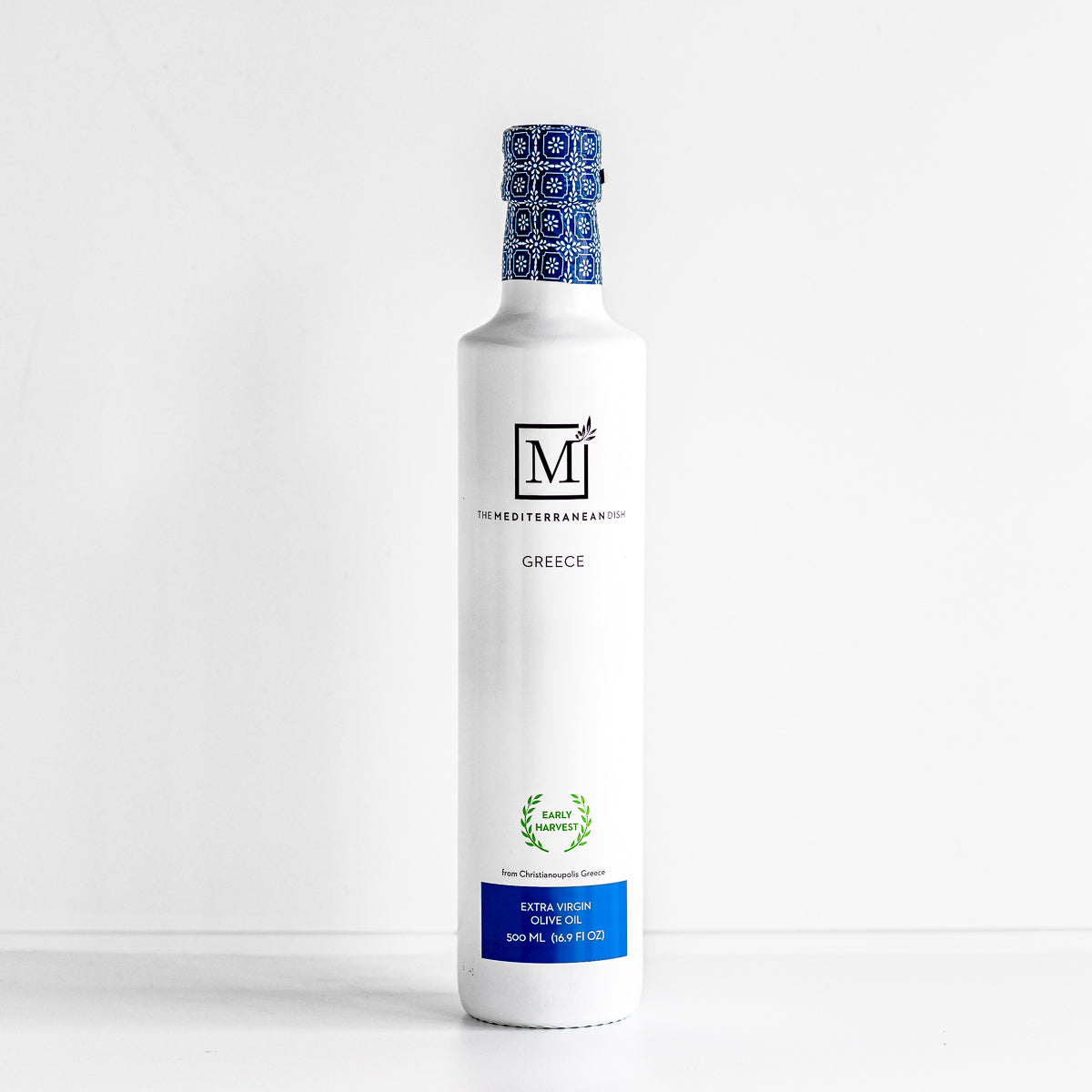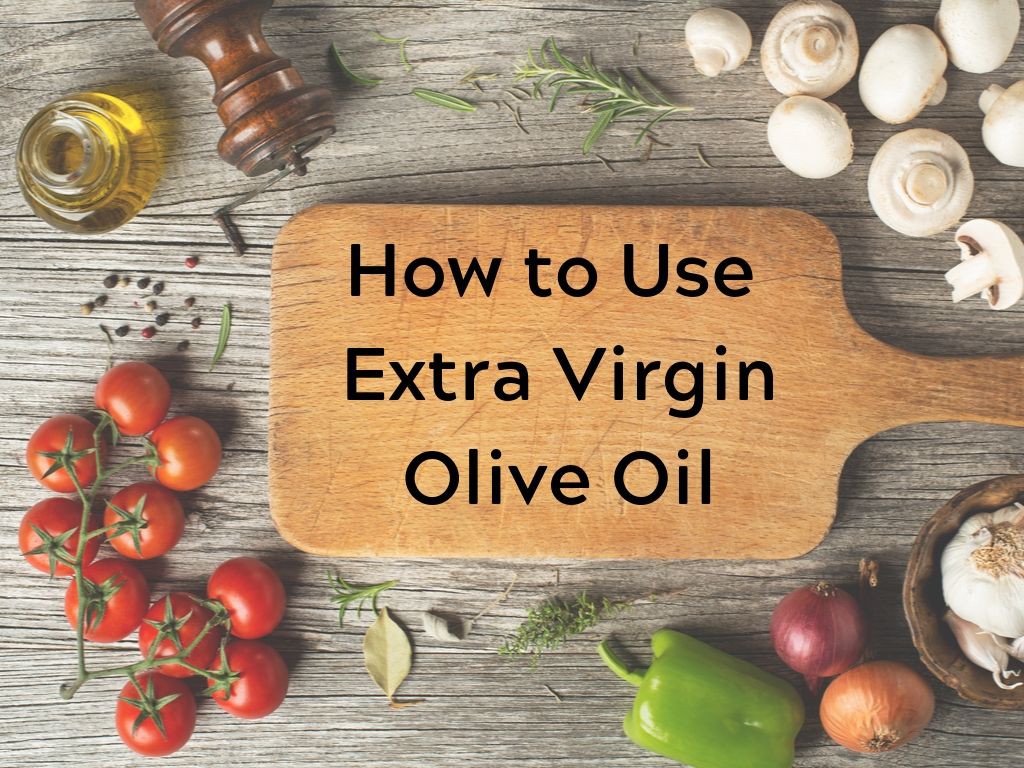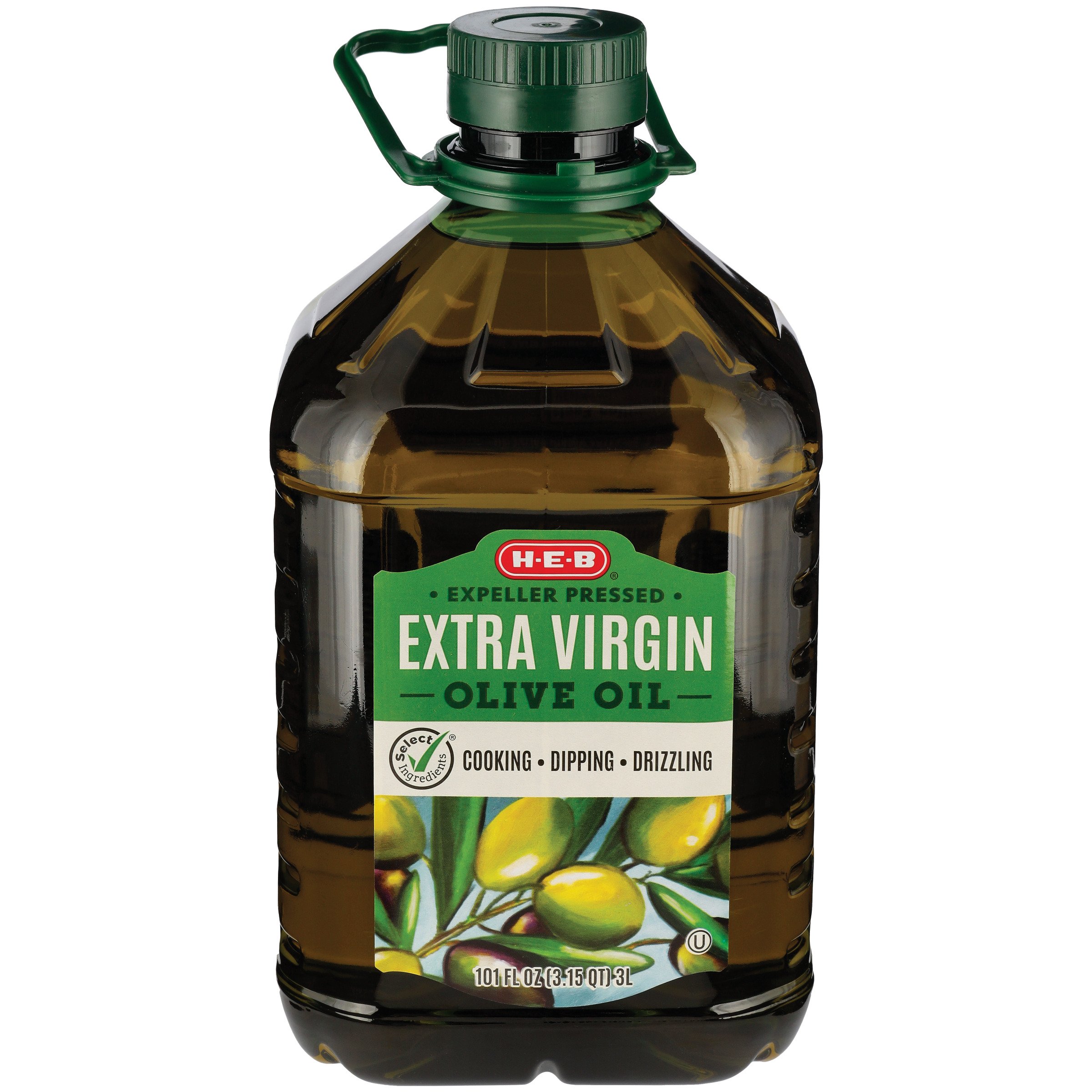The Best Extra Virgin Olive Oil Benefits for Fighting Chronic Diseases
The Best Extra Virgin Olive Oil Benefits for Fighting Chronic Diseases
Blog Article
Exploring the Various Sorts Of Olive Oil and Their Uses, Consisting Of Additional Virgin Olive Oil
The exploration of olive oil includes a varied range of types, each offering distinctive tastes and culinary applications. Extra virgin olive oil, renowned for its exceptional top quality and wellness benefits, serves as a staple in lots of cooking areas, yet it is only one facet of this diverse active ingredient.
What Is Olive Oil?
Stemmed from the fruit of the olive tree, olive oil is a staple in Mediterranean cuisine and an essential component in different cooking applications. This functional oil is produced by pressing whole olives, resulting in a liquid that varies in shade, fragrance, and taste depending on the sort of olives used, the region of farming, and the removal process. Olive oil is predominantly made up of monounsaturated fats, especially oleic acid, which is understood for its prospective health and wellness advantages, consisting of anti-inflammatory buildings and cardio assistance.
In enhancement to its cooking usages, olive oil has a lengthy history of application in typical medicine and skincare, owing to its rich antioxidant web content (extra virgin olive oil benefits). The oil is often used in dressings, sauces, and for cooking approaches such as sautéing and roasting. Its distinctive taste profile can enhance the taste of numerous meals, making it a crucial active ingredient for both home chefs and professional chefs
In addition, olive oil is commemorated for its function in the Mediterranean diet, which is connected with countless health and wellness benefits. As awareness of these benefits grows, olive oil continues to obtain appeal worldwide as a fundamental part of a healthy and balanced lifestyle.
Types of Olive Oil
Understanding the different kinds of olive oil is crucial for both health-conscious customers and culinary lovers. Olive oil is classified mostly based on its extraction approach and quality, which dramatically affects its taste, aroma, and health and wellness benefits.

Light olive oil, in spite of its name, refers to a lighter taste and not lower calories. It is optimal for those seeking an extra refined taste in marinates and dressings. Additionally, there are flavored olive oils instilled with herbs, spices, or citrus, which can boost meals without the need for added spices.
Each kind of olive oil offers certain culinary objectives, and recognizing these distinctions enables consumers to make enlightened choices that straighten with their cooking designs and health and wellness objectives.
Additional Virgin Olive Oil
Extra virgin olive oil (EVOO) is commonly concerned as the best olive oil readily available, renowned for its abundant flavor and countless health and wellness advantages. To be classified as additional virgin, the oil must be created from fresh olives using mechanical processes, without making use of solvents or excessive warmth. This meticulous technique maintains the oil's natural tastes, anti-oxidants, and healthy fats, causing an item with a low level of acidity degree of less than 0.8%.
EVOO is plentiful in monounsaturated fats, specifically oleic acid, which is linked to decreased swelling and improved heart health. It likewise has polyphenols, powerful antioxidants that might supply protective impacts versus persistent conditions. The flavor profile of EVOO can differ dramatically depending on the olive range and region of manufacturing, varying from grassy and fruity to robust and peppery.

Culinary Uses of Olive Oil

In cooking, olive oil can be used for sautéing, roasting, and cooking, giving a much healthier choice to butter or other fats. Its high smoke point makes it suitable for numerous cooking approaches, while its anti-oxidants contribute to a check my source heart-healthy diet regimen. Sprinkling olive oil over completed dishes, such as pasta, fish, or smoked veggies, can raise flavors and include a touch of sophistication.
Additionally, olive oil plays a considerable role in cooking, where it can replace traditional fats in dishes for bread and breads, passing on dampness and a refined taste. It additionally acts as a base for infused oils, permitting chefs to experiment with tastes such as garlic, herbs, or chili, further broadening its culinary possibility. Generally, olive oil's versatility makes it indispensable in both home and specialist kitchens.
Finding High Quality Olive Oil
When selecting high quality olive oil, it's vital to consider a number of key aspects that influence the item's wellness, aroma, and taste benefits. Choose for added virgin olive oil (EVOO), which is derived from the first chilly pushing of olives and contains the greatest degrees of anti-oxidants and advantageous substances. Seek oils that are certified by recognized organizations, as this commonly ensures adherence to stringent high quality requirements.
The product packaging additionally plays a significant role in preserving the oil's stability. Select oils saved in dark glass right here containers or tins to protect against light deterioration. Pay focus to the harvest day; fresher oils offer superior flavor and nutritional value, so choose products that are within 18 months of their harvest.
Be aware of the preference; an excellent top quality olive oil must have a balance of fruity, bitter, and sharp notes, showing its richness and intricacy. By reviewing these aspects, you can ensure you are choosing the ideal olive oil for your culinary needs.
Verdict
In recap, the exploration of numerous types of olive oil exposes distinct features and applications, with additional virgin olive oil standing for the pinnacle of high quality due to its reduced acidity and high antioxidant web content. Understanding the various varieties of olive oil enables for educated choices in food preparation methods, promoting much healthier methods while improving the overall gastronomic experience.
Obtained from the fruit of the olive tree, olive oil is a staple in Mediterranean click now food and an essential active ingredient in various culinary applications.The most usual types of olive oil consist of improved olive oil, pure olive oil, and light olive oil.Extra virgin olive oil (EVOO) is commonly pertained to as the highest high quality olive oil readily available, celebrated for its abundant flavor and various wellness advantages. Opt for additional virgin olive oil (EVOO), which is obtained from the initial cool pressing of olives and includes the greatest degrees of antioxidants and helpful compounds.In summary, the expedition of numerous types of olive oil reveals unique features and applications, with extra virgin olive oil standing for the peak of quality due to its low acidity and high antioxidant material.
Report this page